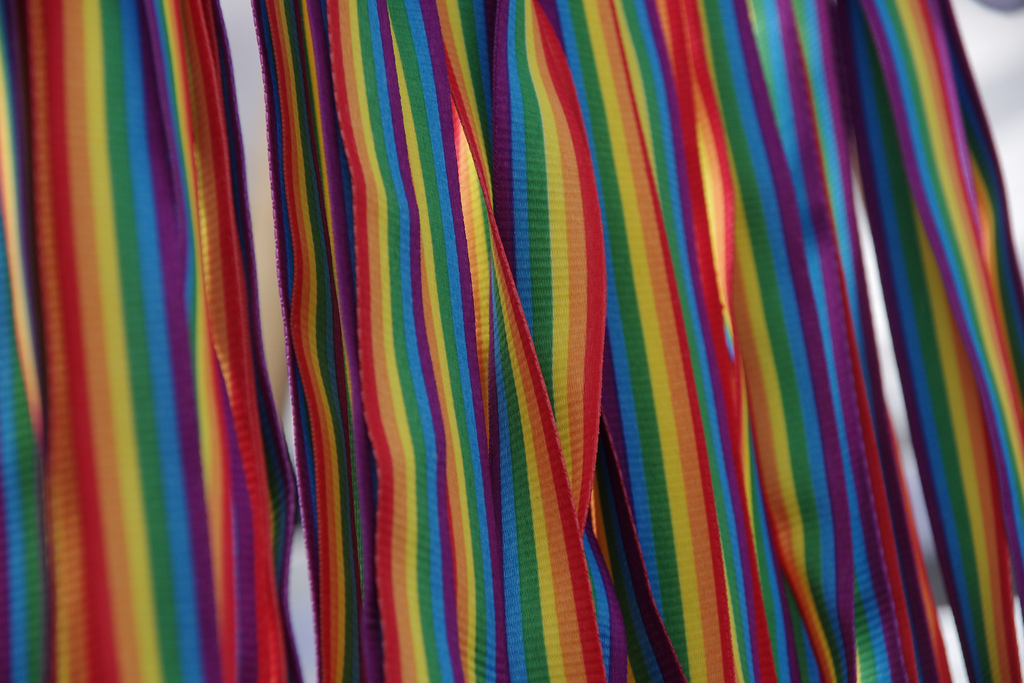Sexuality, according to the dictionary, is defined as “a person’s sexual orientation or preference”. Seven years ago, pop ballad and slow R&B artist Frank Ocean opened up about his sexuality and came out as bisexual via a Tumblr post. It was met with a lot of backlash, with a lot of his own listeners and “fans” openly stating that they could “no longer listen to his music in the same way”, and how his honesty about his sexuality had affected their perception on his music. It’s 2019 now, and the news of coming out as bisexual, gay, asexual, pansexual – whatever you identify as – is still as hard as it was, but the support system is far superior than what it used to be.
Before I begin, allow me to explain my relationship with sexuality. I was brought up with knowledge about purely and solely straight sex. How to have safe straight sex, medical issues relating to safe straight sex, the dangers of not safe straight sex… I didn’t really understand or know of anything in the topic of sexuality that wasn’t outside heterosexual sexual interactions and heterosexual sexual culture. However, since my early teens, I had always found myself attracted to women as well as men, envisioning being with other women in a romantic sense and what it would be like to be involved with one. I pushed the feelings aside for years, trying to compress them into becoming non-existent in the crevices of my brain, thinking that it wasn’t what I should be feeling towards girls. Now that I’m almost twenty-two years old, it’s taken me almost eight years to be honest not only to others about my sexuality, but to myself.
I’ve learnt a lot about sexuality in the past year, and a lot of that is down to the media. I follow a lot of female social activists on Instagram who talk about sexuality, transgender issues and feminism. I’ve educated myself on terms such as “sexuality”, “bisexual”, “pansexual”… the list is endless – just like human sexuality. I still feel extremely unclear about what I identify as, as the term “bisexual” (or any term used to define an individual’s sexuality) feels very limiting. Words, despite their immense and indisputable power to convince, argue, explain and so on, can only ever describe complex and complicated concepts and ideas to a certain degree. And with a concept as ever-changing and indefinitely intricate as sexuality, how can an individual ever feel satisfied with the terms given to them to define who they are attracted to?
I recently asked a very close friend of mine if he believes that coming out in today’s day and age is easier than it used to be, and his response threw me. “I think that there is a stronger support system now than there used to be. There’s places, charities, organisations you can go to now if you’ve been shunned by your family or friends. But coming out, itself, as an act? No, I don’t think that will ever get easier.” And quite frankly, he’s right. When I plucked up the courage to tell my mother that I wanted to start dating women, (and that I had always felt an attraction to them that had never gone away despite my best efforts as an extremely confused early teen), despite the fact that I knew that coming out in this day and age was no longer classified as a death sentence, and would not create an instantaneous metaphorical barrier between myself and the people in my life, I was still absolutely petrified.
As in, jump- scare-inducing-needing-to-pee-and-simultaneously-throw-up. Don’t get me wrong, it wasn’t the idea that I would could potentially be met with lack of acceptance or support with whomever I told (I am extremely lucky to have a kind and good group of people around me), but it was possibility of hearing the phrase: “ that’s great and I’m happy for you… but, are you sure it’s not a phase?”
Speaking to a few of my friends who identify as bisexual, I feel their anger and frustration in their voice when I talk to them about the attitude that their sexuality is merely a “phase”. Despite there being forums and discussions for those who identify as gay and its relationship of it still being classified as a “phase”, I feel as if bisexuality isn’t quite there yet. The term is still met with fetishism from certain people who seem to refuse to take it seriously, and view it as a sexual kink or fetish. I wonder when the bisexual community and those who identify as bi, will have their sexuality taken more seriously and with a sense of understanding and acceptance – and not feel ask invasive and personal questions that will act as a form of justification for their lack of understanding.
Overall, I feel very grateful that I have the ability to comfortably discuss my sexuality with those around me. Ten years ago, its highly possible that I wouldn’t have felt comfortable to come out in my early twenties, leading me to live the rest of my life feeling that my love for both women and men is potentially wrong, sinful and shameful… when it is everything but.
Photo: Matt Buck

